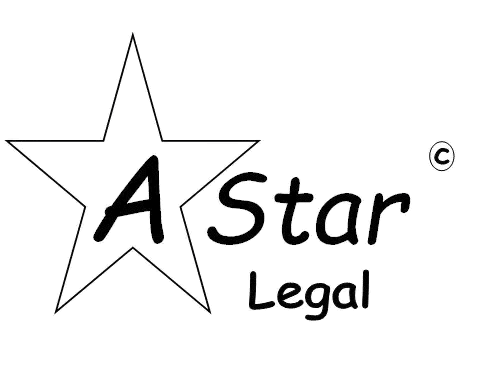Last updated on February 26th, 2025 at 11:46 am
According to the Trademark Act, of 1999, a trademark means any symbol, design, name, and graphics that a company uses for its product and services by which no other company can use a similar trademark for similar goods.
The registrar examined the submitted application on the prescribed grounds. But if there is any defect the registrar can reject the trademark. The main ground for refusal of registration to a trademark is deceptive marks.
Trademark Related Services Consultant, Call Now: +91 9314321001
Table of Contents
ToggleTwo Types of Grounds for Refusal of Trademark Registration
Two types of Grounds for refusal of registration of the trademark:
Absolute Ground (Section 9):
- A trademark that has no distinctive character.
- A trademark consists of signs and symbols that are pervasive language.
- A trademark that conveys a false message and information that is objectionable.
- Trademarks that may confuse the public.
- The trademark should not contain any material that insults any religion any class and citizen of India.
- A trademark that merely indicates quality, quantity, price, purpose, and geographical origin.
- Trademarks that are very common and are already in commercial use.
- The shape of objects arises from their nature
- Trademarks that contain immoral and scandalous and obscene material.
The use of such trademark is restricted under the Names and Logo (Prevention of Improper Use) Act, 1950.
Relative Ground (Section 11):
- A trademark that resembles an existing trademark (section 11(1)).
- A trademark that takes unfair advantage of the similarity of the goods and services to the existing trademark (section 11(2)).
- A trademark that takes unfair advantage of another similarly well-known trademark (Section 11(3)).
Prohibition of registration of name (Sections 13 and 14)
Restrictions on registration of trademarks for names under Sections 13 and 14 of the Trademarks Act, 1999:
- A trademark that contains any kind of chemical element, compound, and substance cannot be registered.
- A trademark that falsely associates a living being with another. However, registration can be valid only with the consent of a living being.
- A trademark that falsely establishes an association with a deceased person. However, the registration can be valid only with the consent of the legal success of the deceased person.
Precautions to avoid refusal of trademark registration
- Do proper research for a special and unique name. Make sure the mark is not similar to existing trademarks.
- Avoid that mark which is offensive and disrespectful to the public.
- Avoid marks that contain common words.
- Avoid using generic terms that show a specific product and business idea activity.
- Your mark must have a unique identity, and ensure it does not create confusion among the public.
- Avoid the use of flags, national emblems, international organizations, animal images, states, etc. in the trademark.
Consequences of refusal of registration of trademark
Registration of trademarks is essential for protecting the brand identity and reputation. Each individual must register a trademark to protect their brand. If in any case, the registrar refused the application then you have 3 months to appeal to the board.
Consultancy for refusal of Trademark
If you have applied for trademark registration and your file is refused. The reason for refusal must be that you applied for a similar that already exists in the register or your trademark may have any offensive meaning. But don’t worry we will help you find the solution, and will provide you with all the requirements that can help your file from being refused. So, consult with our experts at A Star Legal Associates.
Trademark Related Services Consultant, Call Now: +91 9314321001
Conclusion
Trademark registration is a lengthy and complex process but it is important for your brand. during the registration process, you may face several hurdles The most faced obstacle is the Grounds for refusal of registration of the trademark. understanding the absolute and relative grounds for rejection, and making sure that their trademark meets all legal requirements, applicants can increase their chances of having their application accepted and their brand legally protected.
FAQ:
What are the absolute grounds for refusal?
The absolute grounds of refusal are that the trademark you are applying for should not be registered in the Register. The trademark may not define any offensive meaning.
What to do if the trademark is refused
File an appeal with IPAB (Intellectual Property Appellate Board) within 3 months from the date of refusal. Must consult with trademark service providers to increase the chance of success.
What is the general ground of refusal?
False representation, criminality, public interest concerns, and breaches of immigration laws.
Can I change the trademark name after the objection
Yes, after the objection you can make the changes in the trademark.
What are the grounds for refusal of registration of a trademark
The reason for the refusal of a trademark is ‘Deceptive marks’.
For more information stay updated with:- A Star Legal







